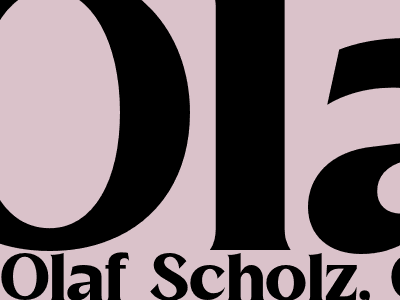
Economic Struggles at the Heart of the German Traffic Light Coalition
Internal Conflicts Threaten Stability
The German government, led by the so-called "traffic light coalition" of the Social Democratic Party (SPD), the Green Party, and the Free Democratic Party (FDP), has been facing increasing pressure due to internal conflicts over economic policy. The FDP, led by Christian Lindner, has been pushing for tax cuts and deregulation, while the SPD, led by Olaf Scholz, and the Greens, led by Robert Habeck, have prioritized social spending and environmental protection.
These differing priorities have led to several high-profile clashes between the parties. In one instance, the FDP threatened to block the government's climate protection plans unless it agreed to reduce taxes on fuel.
Energy Crisis Compounds Tensions
The ongoing energy crisis in Europe has further exacerbated tensions within the coalition. The Greens have called for a rapid transition to renewable energy, while the FDP has advocated for increased reliance on fossil fuels. This disagreement has made it difficult for the government to reach a consensus on how to address the crisis.
Impact on German Economy
The economic consequences of the coalition's internal conflicts are becoming increasingly apparent. The German economy is expected to contract by 0.5% in 2023, according to the International Monetary Fund (IMF). This is largely due to the impact of the energy crisis and the government's inability to agree on a coherent economic policy.
Uncertain Future for Coalition
The future of the traffic light coalition is uncertain. If the parties cannot resolve their differences, it is possible that the government will collapse, leading to new elections. However, both the SPD and the FDP have expressed a commitment to keeping the coalition together. It remains to be seen whether they can overcome their economic divisions and find a path forward.